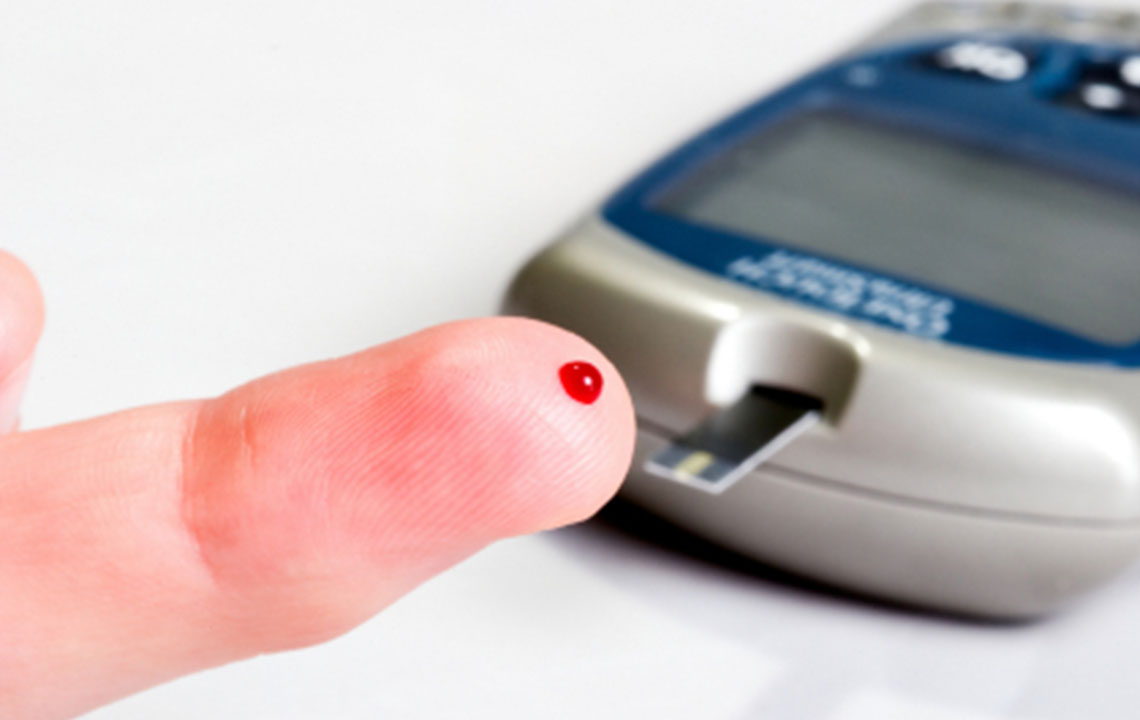Effective Strategies for Reducing A1C Levels
Discover effective methods to lower A1C levels with lifestyle changes, dietary management, regular exercise, and stress reduction. This guide offers practical strategies to help control blood sugar, promote overall health, and prevent complications related to diabetes. Implementing these proven techniques can lead to better glycemic control and a healthier life.

Effective Strategies for Reducing A1C Levels
Monitoring blood sugar through A1C tests provides essential insights into managing diabetes and prediabetes. This measurement reflects average blood glucose over time, guiding treatment plans. Lowering A1C levels involves various lifestyle and medical adjustments to maintain healthy blood sugar. This article highlights proven methods to reduce A1C and safeguard your health.
Methods to Decrease A1C Levels
There are multiple strategies to control blood glucose effectively.
Here are some of the most effective approaches:
Create a proactive plan
Developing a comprehensive plan focused on reducing glucose influx into your bloodstream is vital. This plan should encompass dietary choices, meal timing, portion control, and lifestyle habits. Consistently following this tailored approach helps regulate blood sugar levels and prevents spikes.
Managing your weight enhances blood sugar control. Achieving and maintaining a healthy weight plays a crucial role in A1C reduction. Regular physical activity and balanced nutrition are key to reaching your target weight and improving overall health.
Implement a medical management plan
Having a detailed medical plan includes emergency contacts, medication schedules, and blood sugar targets. Regular consultations with healthcare providers ensure your treatment adapts to your needs and keeps your A1C in check.
Monitor your diet diligently
Tracking your food and beverage intake helps prevent high-sugar foods from elevating your blood glucose. Maintaining food journals ensures awareness of eating patterns and helps stay aligned with your dietary goals.
Reduce carbohydrate consumption
Choosing the right carbs is essential. Limit simple carbs like white bread, rice, and sugary snacks, which cause rapid blood sugar increases. Instead, opt for complex carbs such as brown rice, quinoa, and vegetables, which release sugar slowly and promote satiety.
Focus on weight regulation
Prioritize setting and achieving a healthy weight through balanced diet and exercise. This focus directly impacts blood sugar levels and long-term health outcomes.
Exercise regularly
Engaging in physical activity, like brisk walking or other approved exercises, improves insulin sensitivity and lowers blood sugar. Always consult healthcare professionals before starting new routines.
Conduct frequent blood sugar testing
Regular testing helps track progress and adjust your management plan as needed. Many devices are available to simplify frequent monitoring.
Manage stress effectively
High stress increases cortisol, which hampers blood sugar control and stimulates appetite. Practice relaxation techniques and disconnect from work pressures to support your health.
Note:
Our blog provides a variety of informative content across different topics. While we aim to present accurate guidance, readers should consider consulting healthcare professionals for personalized advice. We are not responsible for inaccuracies or differences in information across other sources. Some special offers or schemes may also be overlooked that could be more beneficial for individual needs.










